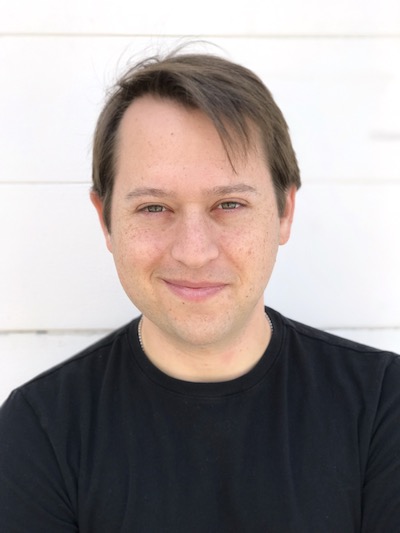
Yonatan Bisk
Yonatan Bisk is an assistant professor of computer science in Carnegie Mellon's Language Technology Institute. His group works on grounded and embodied natural language processing, placing perception and interaction as central to how language is learned and understood. This was a windy path, having received his PhD from the University of Illinois at Urbana-Champaign working on unsupervised Bayesian models of syntax he subsequently spent several years as a postdoc and/or visitor at USC's ISI (grounding), the University of Washington (commonsense), and Microsoft Research (vision+language).
https://yonatanbisk.com/
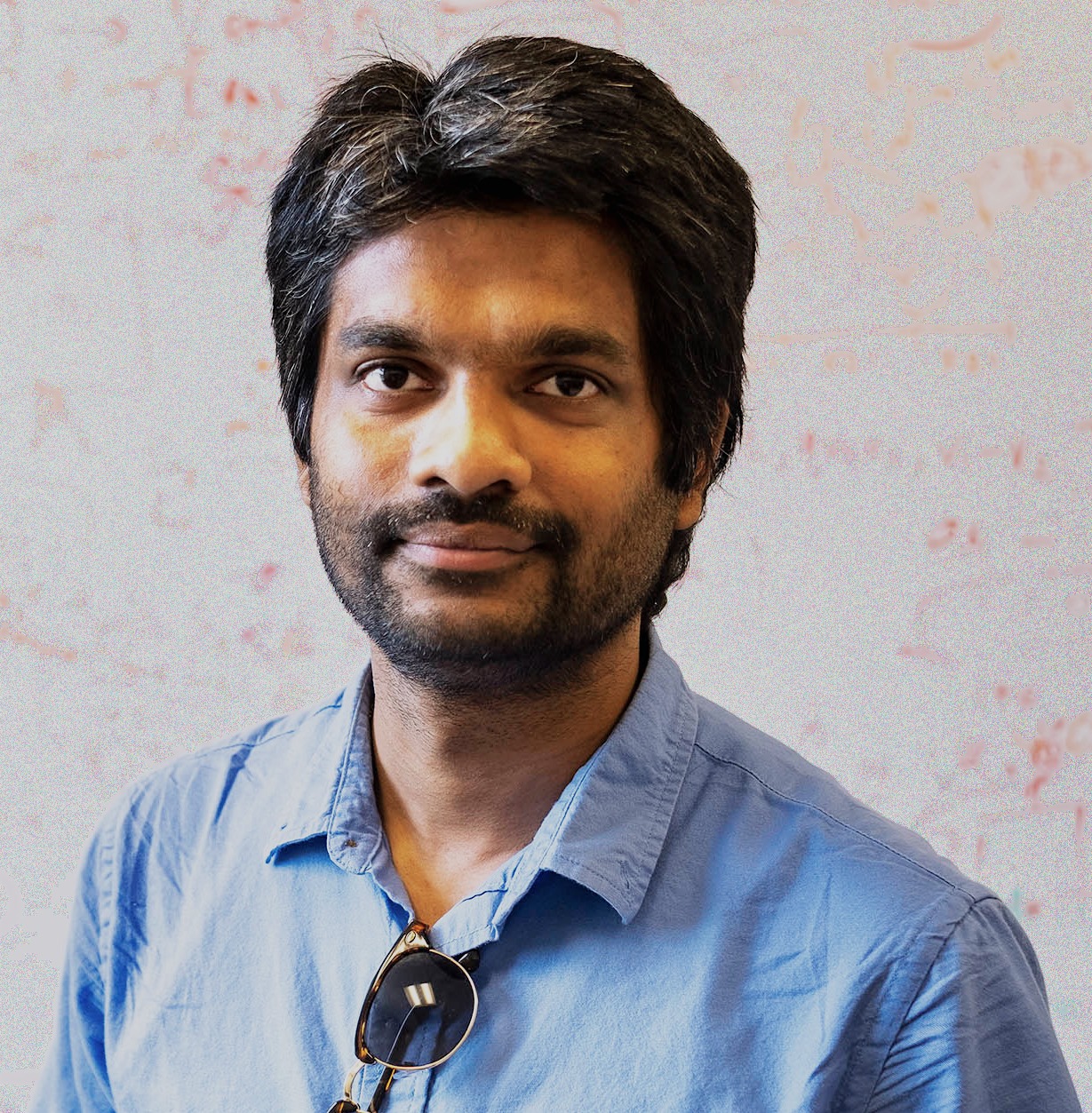
Mohit Bansal
Dr. Mohit Bansal is the John R. & Louise S. Parker Associate Professor and the Director of the
MURGe-Lab (in the UNC-NLP Group) in the Computer Science department at the University of
North Carolina (UNC) Chapel Hill. Prior to this, he was a research assistant professor (3-year
endowed position) at TTI-Chicago. He received his Ph.D. in 2013 from the University of
California at Berkeley (where he was advised by Dan Klein) and his B.Tech. from the Indian
Institute of Technology at Kanpur in 2008. He has also spent time at Google Research,
Microsoft Research, and Cornell University. His research expertise is in statistical natural
language processing and machine learning, with a particular focus on multimodal, grounded,
and embodied semantics (i.e., language with vision and speech, for robotics), human-like
language generation and Q&A/dialogue, and interpretable and generalizable deep learning.
https://www.cs.unc.edu/~mbansal/

Dhruv Batra
Dhruv Batra is an Associate Professor in the School of Interactive Computing at Georgia Tech
and a Research Scientist at Facebook AI Research (FAIR). His research interests lie at the
intersection of machine learning, computer vision, natural language processing, and AI. The
long-term goal of his research is to develop agents that 'see' (or more generally perceive their
environment through vision, audition, or other senses), 'talk' (i.e. hold a natural language dialog
grounded in their environment), 'act' (e.g. navigate their environment and interact with it to
accomplish goals), and 'reason' (i.e., consider the long-term consequences of their actions).
https://www.cc.gatech.edu/~dbatra/
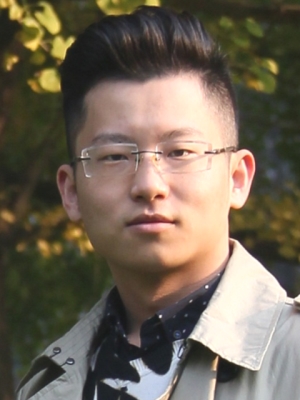
Wenguan Wang
He received his Ph.D. degree from Beijing Institute of
Technology in 2018. He is currently a postdoc scholar at ETH Zurich,
Switzerland. From 2016 to 2018, he was a visiting Ph.D. student in
University of California, Los Angeles. From 2018 to 2019, he was a
senior scientist at Inception Institute of Artificial Intelligence, UAE. His
current research interests include computer vision and deep learning.
https://profiles.stanford.edu/silvio-savarese
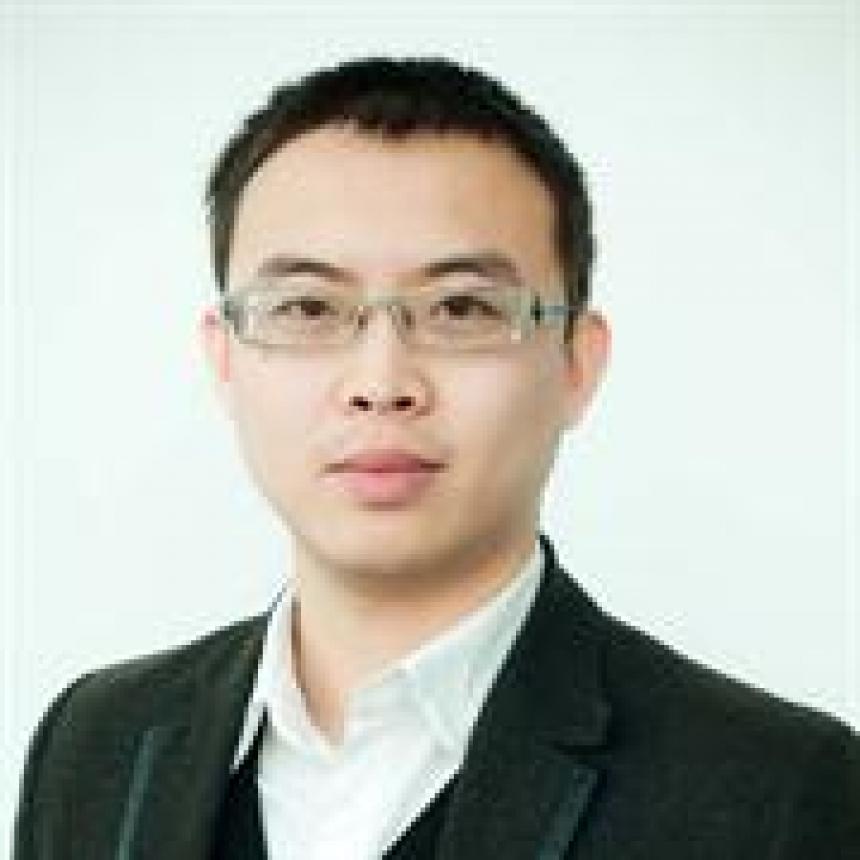
Qi Wu
Prof.Wu is currently a Senior Lecturer (Assistant Professor) and an ARC DECRA Fellow at the
University of Adelaide. He won the Australian Academy of Science J G Russell Award in 2019.
He is also a CI of the Australian Centre for Robotic Vision (ACRV) and a Program Leader of the
Australian Institute of Machine Learning (AIML). Before that, he worked as a Postdoc
Researcher in the Australian Centre for Visual Technologies (ACVT). He received an MSc inGlobal Computing and Media Technology, a PhD in Computer Science from the University of
Bath (United Kingdom), in 2011 and 2015. His work has been published in prestigious journals
and conferences such as IEEE TPAMI, CVPR, ICCV, ECCV and AAAI. Many of his papers are
related to robotic navigation.
http://www.qi-wu.me/
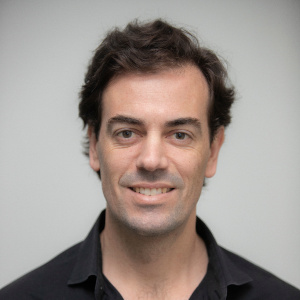
Peter Anderson
I am a Research Scientist in the Language team at Google Research. My research interests
include computer vision, natural language processing and AI in general, and problems at the
intersection of computer vision and natural language processing in particular. My recent work
has focused on grounded language learning, particularly in large-scale visually-realistic 3D
environments. I completed my PhD in Computer Science at Australian National University in
2018 where I was advised by Stephen Gould. I was also fortunate to work with Mark Johnson
from Macquarie University and Anton van den Hengel from the University of Adelaide. In my
previous life I was a sell-side securities analyst with Credit Suisse in Sydney. I have the (fairly
rare) distinction of winning two university medals, in Finance (from the University of Sydney) and
Computer Engineering (from the University of New South Wales).
https://panderson.me/